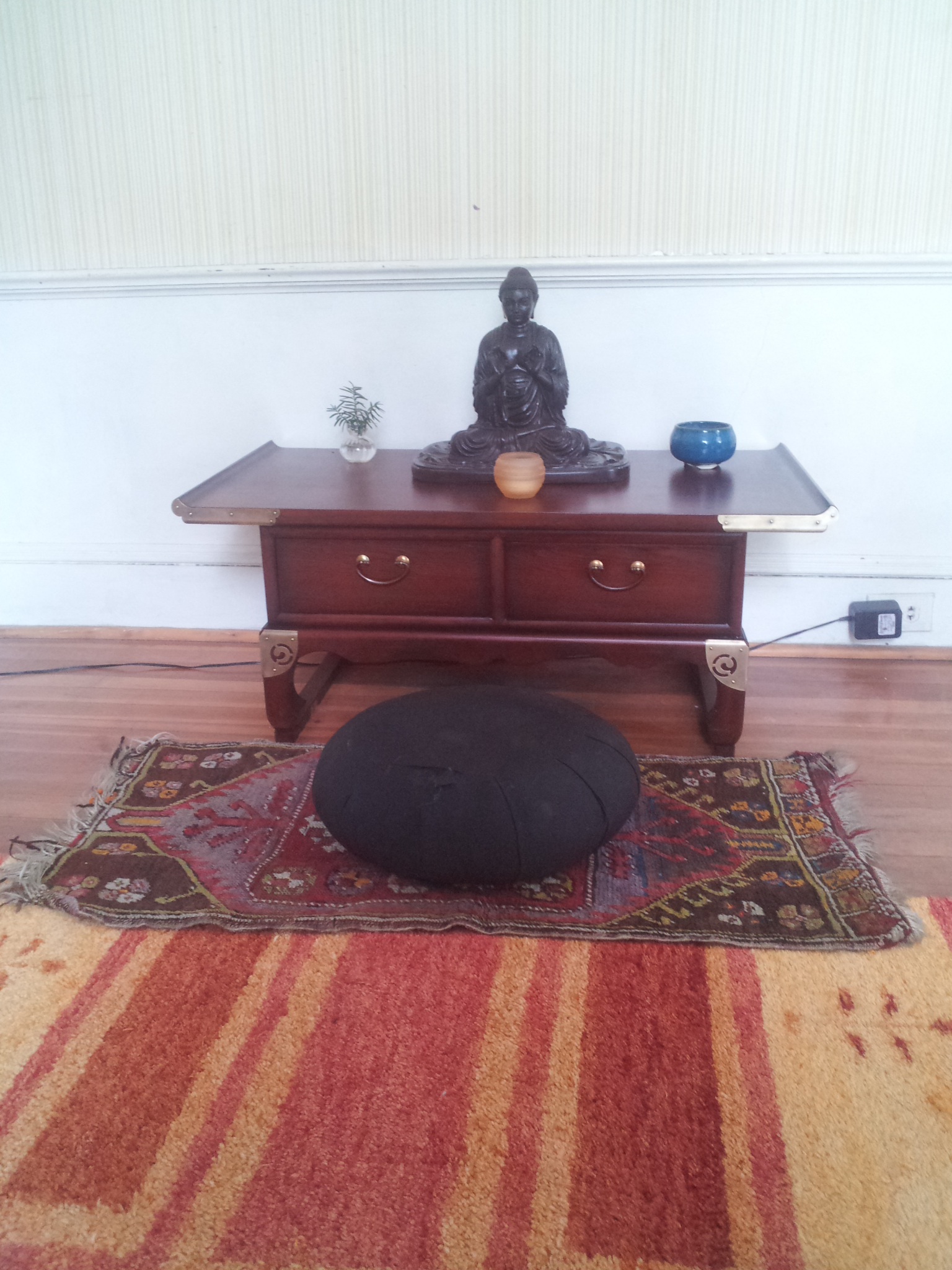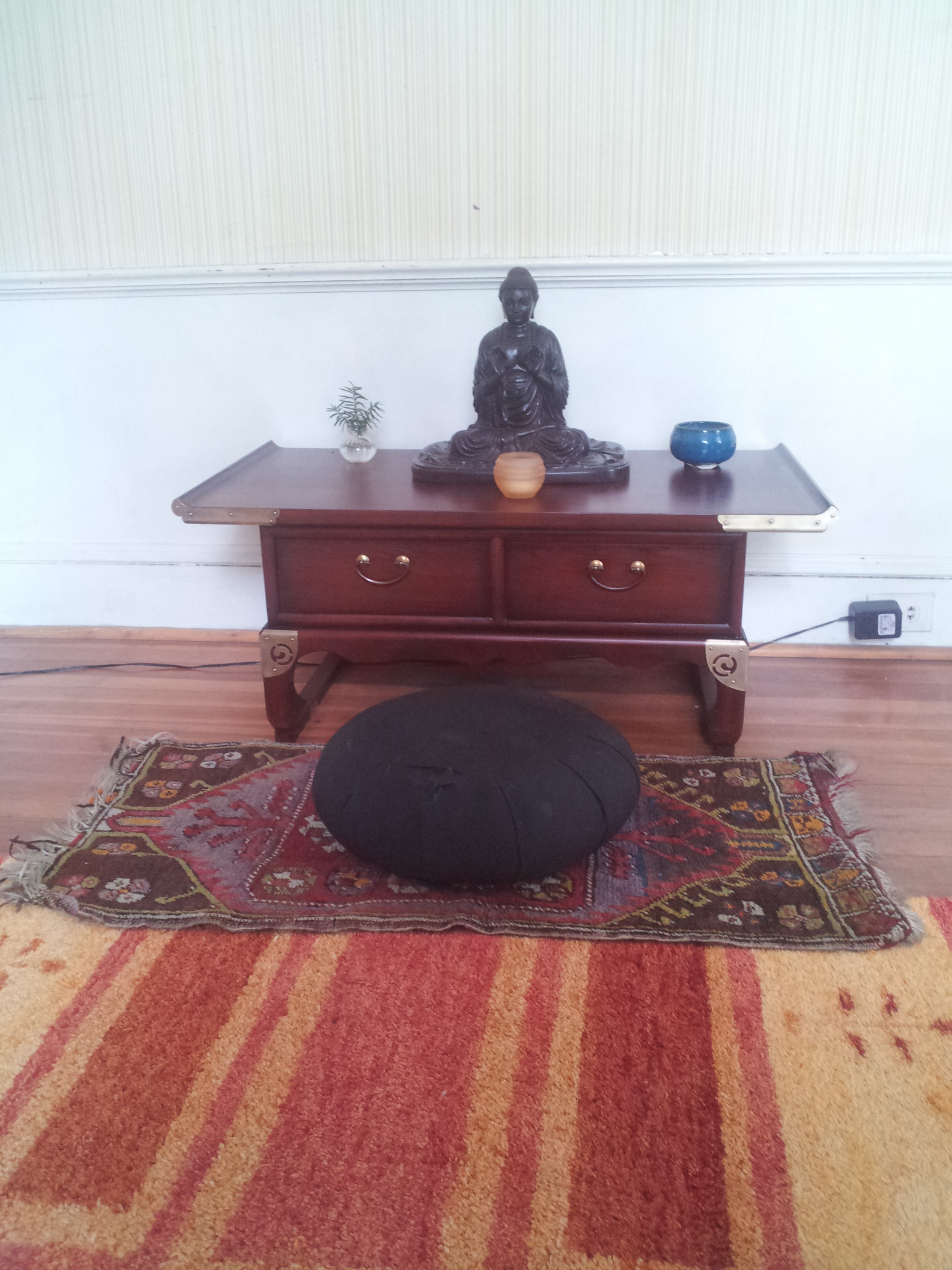 All creatures, simple to complex, have a limited level of understanding about this world. It is those limitations which make their life bearable, given the manifestation of their form. A dog cannot conceptualize much beyond his immediate environs; the hand of his master caressing his head, the full bowl of food, the warmth of the hearth upon which he lies. To have knowledge beyond that, of the atrocities which exist beyond his ken, would make his life one long terror. A dog is not equipped to cope with such knowings.
All creatures, simple to complex, have a limited level of understanding about this world. It is those limitations which make their life bearable, given the manifestation of their form. A dog cannot conceptualize much beyond his immediate environs; the hand of his master caressing his head, the full bowl of food, the warmth of the hearth upon which he lies. To have knowledge beyond that, of the atrocities which exist beyond his ken, would make his life one long terror. A dog is not equipped to cope with such knowings.
Conversely, this same limitation of understanding is a blessing to the dog afflicted by a cruel owner. To know of a better life, to be able to see and understand it and to know it exists, while daily experiencing the inhuman treatment of a heartless master --- that understanding, too, would make the poor mastiff's life even more of an unendurable hell. His ignorance protects him from even greater pain.
Man is no exception to this rule. The limitations of our insight befit our admittedly extraordinary ability to manipulate the world around us. From stone, sand and water, we create objects to extend our knowledge and presence to realms once unimaginable. Nonetheless, our understanding of the universe remains constrained by fetters we cannot see. They are so hidden that, like the dog, we don't even know that they are there.
To attempt to step over these boundaries is to dance toe-to-toe with madness. Those that can expand their horizons and absorb the chaos and heartbreak of fuller understanding yet retain their humanity are few and far between.
But from time to time, it does happen. And what then?
They return to us with their greater knowledge, and we immediately re-encumber them with the handcuffs of our own sad vision. We give them a name — Christ, Buddha, Moses — and anneal their message of dangerous freedom into a form which, by making it comprehensible, strips it of its meaning. The next thing you know, we are baptising, circumcising or prostrating in the pursuit of a reflection of the moon on a pool of water.
Knowledge becomes dogma, perception becomes ritual and teaching becomes liturgy, because we find no way to fit the larger picture into our smaller box.
However, if we discard the playthings of the ignorant worldlings that we are and look at the messages that these teachers have brought back, there are, as others have pointed out, universal truths that stand what we believe to be true on its head.
- Less is more.
- There is no I, only we.
- Belief is the fundamental act of our existence.
These spiritual truths are no less valuable from the perspective of health. How often have I suggested to a patient that they are partaking too much of a good thing, whether that thing is pizza or pantothenic acid? How many hours have I spent explaining that the very microbes that live inside of us are not only critical for our digestive health, but also our immune health and our mental health, and that without our microbial friends or each other, we would die? How often has a patient improved solely because they have confidence in the doctor treating them?
We truly create our health, and the health of the world around us, by our thoughts and our actions. Chronic diseases in particular are susceptible to the metaphysical, and it is here that the future of chronic disease treatment lies.
We have such good tools to create vibrant, healthy selves. But using them means dropping our attachments, and facing the veil of our unknowns without fear or desire. Though the path has been trod, it is a hard path to follow. And you don't have to win to succeed.
Just take a step. And breathe.




